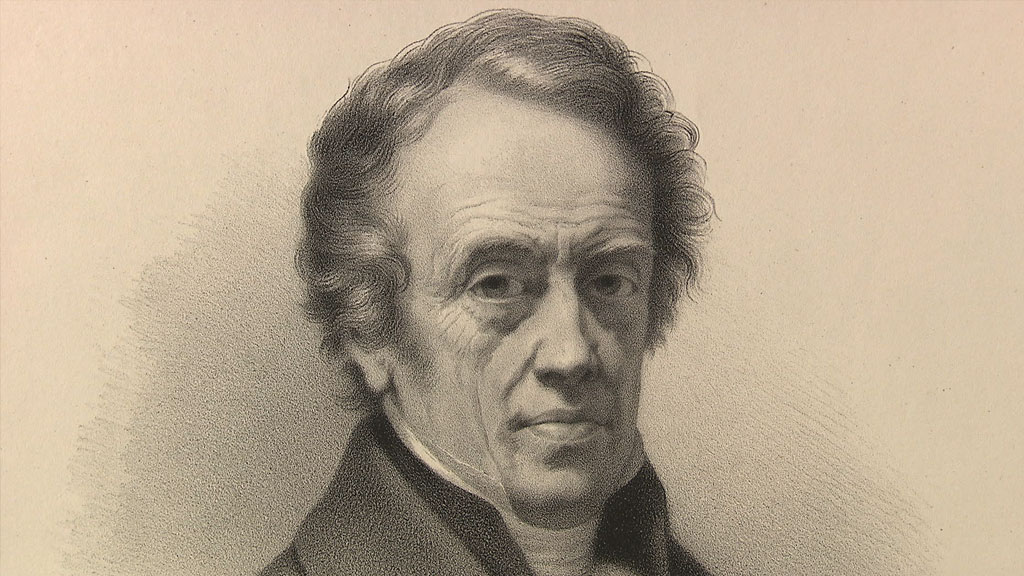Born on July 10, 1778 in Salzburg, at Hagenauerplatz 1/Getreidegasse 10, a few steps from W. A. Mozart’s birthplace
His father is a progressive teacher in Salzburg, his mother an enthusiastic singer related to Johann Michael Haydn’s wife
In the year of his birth, Joseph Haydn is 46, Mozart 22, and Beethoven 8 years old
As a member of the “classical” generation of composers, due to his 80-year life span, he outlives many well-known romantic composers such as Chopin, Schumann, Weber, but also Schubert and Mendelssohn – in terms of music history, he lives through an eternity
All his life, he never held a lasting employment, existing as an independent free spirit
Lessons in Salzburg with Johann Michael Haydn
1796: répétiteur at the Salzburg Court Theatre for a short time
From 1797: studies in Vienna by Joseph Haydn, whose favourite student and assistant he became
Studies in natural history and medicine
1804: travels to Russia, living in St. Petersburg
From 1809, Paris becomes his second homeland; employment as resident pianist to Charles-Maurice de Talleyrand-Périgord, including room and board
In 1815 he accompanies Talleyrand to the Congress of Vienna. Metternich considers him a spy and orders the secret police to investigate him
In 1816 he accepts an invitation from the Duke of Luxembourg to accompany him to Brazil. He stays there for five years, teaching composition at the Imperial Court and inspiring a performance of Mozart’s Requiem
In 1821 he completes that Requiem with a ‘Libera me, Domine’ in Rio de Janeiro
In 1837 he unveils the Gutenberg monument in Mainz, conducting 150 tenor and soprano voices, 150 bass and contralto voices, more than 600 boys‘ voices, 12 trumpets, 12 French horns, 60 clarinets and numerous additional players – a total of 500 instrumentalists
In 1842 he gives the keynote speech at the unveiling of the Mozart monument in Salzburg and is responsible for the musical aspects of the ceremony
He dies in Paris on April 3, 1858, leaving more than 2000 compositions behind






